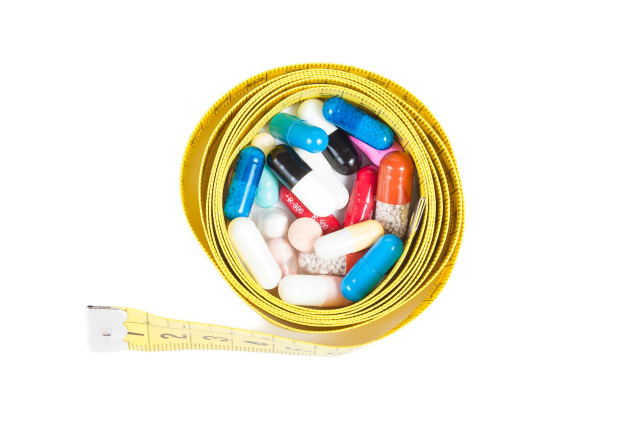Weight Loss Supplements Explained
If you watch Dr. Oz you have likely heard of coffee bean extract, raspberry ketone and Garcinia Cambogia. There are so many weight loss supplements it’s hard to know which products are worth the money and which are completely worthless. If you plan on investing into natural herbs, it’s important to know exactly what you’re paying for. Below you will find a list of the top five common weight loss supplements, how they work and whether or not they are worth buying.
1. Coffee Bean Extract:
Coffee bean extract comes from green coffee beans that have not yet undergone the roasting process. These beans contain higher amountsof Chlorogenic Acid which is thought to balance glucose metabolism throughout the body, reduce glucose absorption in the intestines and alter body fat distribution. Several clinical trials have found that individuals using green coffee extract daily may lose an average of 5.5Lbs of weight more than those taking a placebo. While studies using Green Coffee Bean are preliminary, short term and of poor quality, it may be worth incorporating into your supplement regime.
2. Raspberry Ketone:
At this point, there are few scientific studies investigating the use of raspberry ketone for weight loss. In animal trials, ingesting raspberry ketone along with a high fat diet significantly reduced weight gain and visceral (organ) fat. It is thought that raspberry ketone might increase fat metabolism and reduce obesity by increasing an individual’s internal body temperature. It is clear that more evidence is needed to determine whether supplementing raspberry ketone produces any benefit. You may consider trying this product but be aware that there are no guaranteed benefits as of yet.
3. Garcinia Cambogia:
Studies looking into the use of Garcinia Cambogia for obesity and weight loss have been contradictory. While some clinical research shows that taking Garcinia fruit rind extract does not help to significantly decrease weight, satiety, fat breakdown and energy expenditure in overweight people, one study found that mildly overweight women taking Garcinia prior to eating did lose weight. Overall, there are not enough studies and not enough evidence to support the use of Garcinia. Some weight loss supplements include Garcinia in its formula and it is possible that together with other herbs, its efficacy is improved. Until we see more studies, it’s hard to say with certainty this herb is worth investing in.
4. Chromium:
Chromium is best known for its positive effect on blood-sugar levels. It is extremely helpful in improving glucose control in Type I and Type II diabetes, elevated cholesterol levels and polycystic ovarian syndrome (PCOS). It is also used for weight loss, to increase muscle mass and fat free mass and to decrease body fat. Studies on chromium for weight loss have been conflicting with some showing a 2.4Lb loss compared to those using a placebo over 3.5 months. Other studies have shown no significant differences in weight but a reduction in body fat. The benefits of chromium seem to be dose dependent and work best when blood-sugar levels are the main cause of weight gain or fluctuation.
5. Conjugated Linoleic Acid (CLA):
Taking CLA seems to improve body composition by decreasing body fat mass, increasing lean body mass and reducing waist to hip circumference in some overweight and obese patients. It does help with appetite suppression but does not necessarily reduce the amount of calories consumed per day. Studies with CLA are most effective in children between 6-10 years old, showing reduced body and abdominal fat. Post-menopausal women with Type II diabetes have also shown to have a reduced Body Mass Index with the use of CLA. Wit the exception of the aforementioned studies, most studies with CLA do not seem to reduce body weight or Body Mass Index.
Supplements should never be self-prescribed. In order to ensure you are taking the best supplement for you at the correct dose, natural products should always be taken under the care of a licensed professional such as a Naturopathic Doctor, Holistic Nutritionist or Integrative Medical Doctor. You should always keep in mind that herbs can interact with medications and foods. Some herbs are dose-dependent, meaning the higher the dose, the greater the effect. It is always best to invest in professional quality products that have undergone rigorous quality control and testing.
If you are trying to lose weight or suffer from weight fluctuation, get in touch!
You can book a free consultation with Dr. Shelly Reitkop, N.D.





